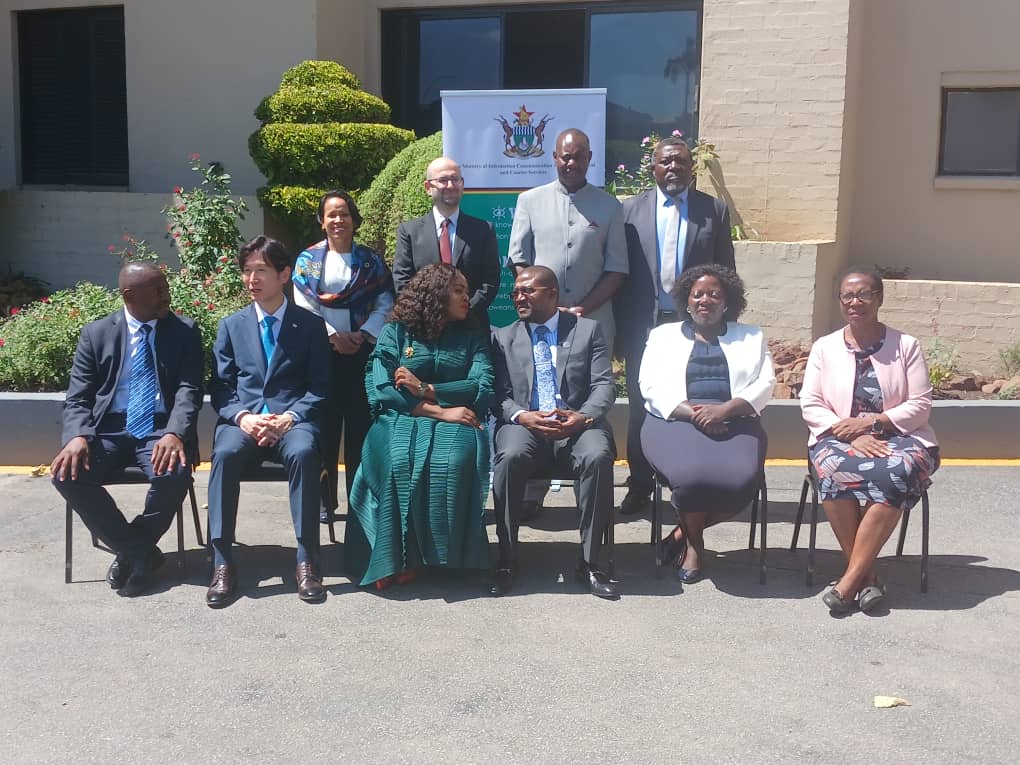|
Getting your Trinity Audio player ready…
|
Writes Hopewell Chibvongodze
Harare, March 21, 2024 – Zimbabwe seeks to improve internet connectivity by doubling penetration from the current 70 percent to make e-commerce thrive, Information Communication Technology, Postal and Courier Services Minister, Tatenda Mavetera has said.
Mavetera made the remarks on Wednesday in Harare during the Zimbabwe e-trade preparedness assessment national multi-stakeholder consultations workshop official opening.
“Currently, the Internet penetration rate stands at over 70 percent and needs major investment to increase this figure and be competitive,” she said. “In this regard, our recently launched broadband plan seeks to expand high-speed internet access across the nation. As we connect more communities, we unlock boundless opportunities for education, commerce, and collaboration.”
The e-trade consultations workshop was organized by the Ministry of Industry and Commerce with support from the United Nations Conference on Trade and Development (UNCTAD).
It was expected to review Zimbabwe’s e-commerce ecosystem and help identify opportunities, barriers, and policy recommendations to drive e-commerce development along seven key e-commerce policy areas.
These include e-commerce assessment and policy formulation, ICT infrastructure and services, payment solutions, trade facilitation and logistics, legal and regulatory frameworks, digital skills development, and access to finance.
Matevera said e-trade empowers women digital entrepreneurs to become visible as role models and position them to foster change in the business-enabling environment. Zimbabwe continues to strengthen connectivity in remote areas and explore sustainable, cheaper, and affordable internet services for all citizens.
In line with this, she said her ministry is working on e-commerce legislation to facilitate digital trade such as draft e-transactions and e-commerce bills. These include the Cyber and Data Protection Act, Smart Zimbabwe Master Plan, and National Information Communication Technology Policy.
The Cyber and Data Protection Act equips people to combat cyber threats, protect sensitive data, and fortify digital defenses while the Smart Zimbabwe 2030 Master Plan will work through key specific sector-focused integrated pillars to act as smart solutions.
These include smart government, cities, agriculture, education, transport, health, tourism, and mining among others.
The ministry has also reviewed its umbrella Zimbabwe National Policy for Information Communication Technology [ICT] (2016 – 2020) and identified policy priority areas where improvement could be made to performance, sustainability, and delivery of public value.
